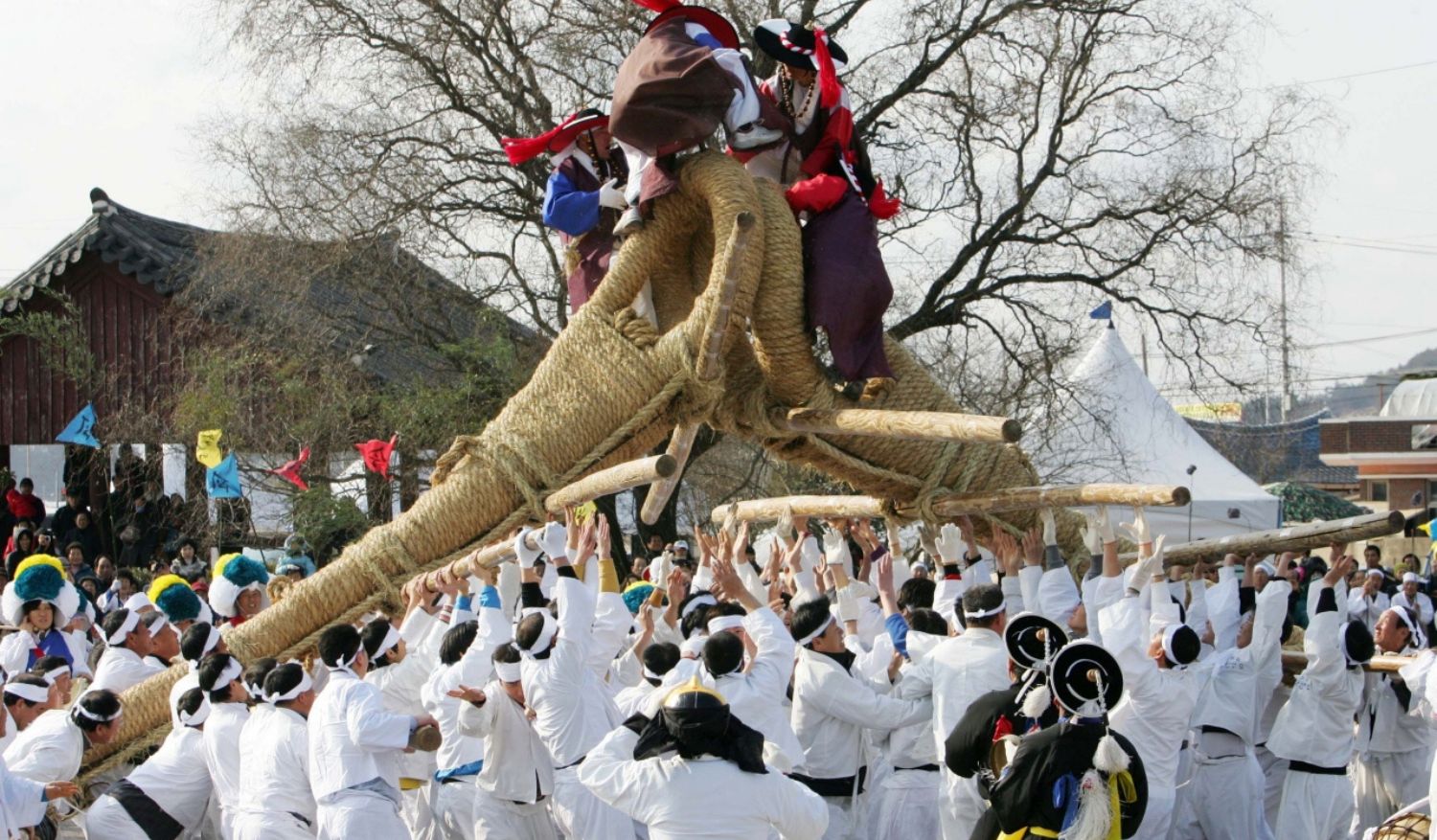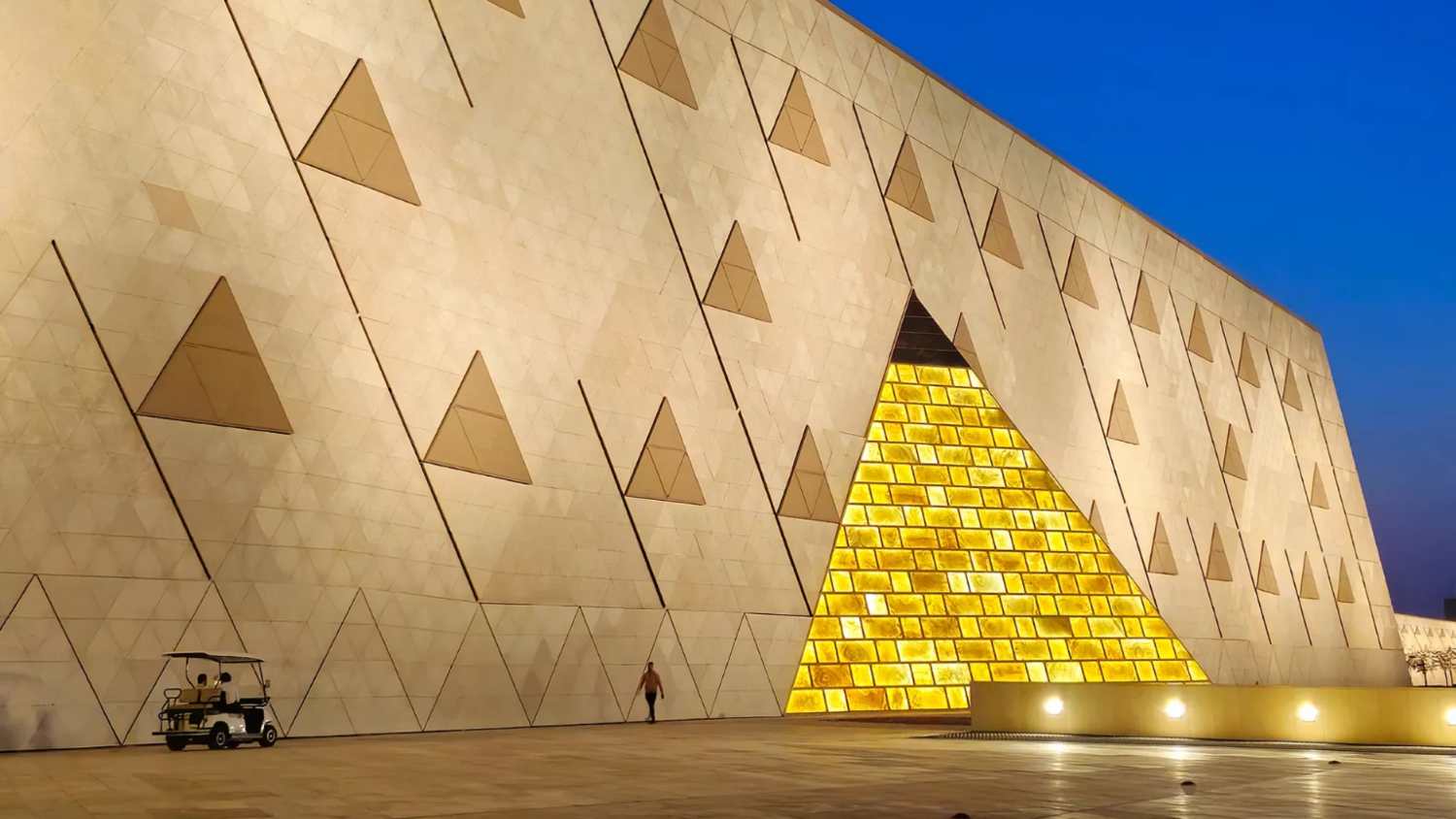In Korea, the night sky once told stories that transcended generations, with constellations guiding both farmers and lovers alike. Among these age-old tales is the legend of Chilseok, a festival that falls on the seventh day of the seventh month in the lunar calendar.
Known as Korea’s equivalent to Valentine’s Day, the Chilseok Festival weaves together romance, mythology, and seasonal traditions in a way that continues to capture the imagination of many.
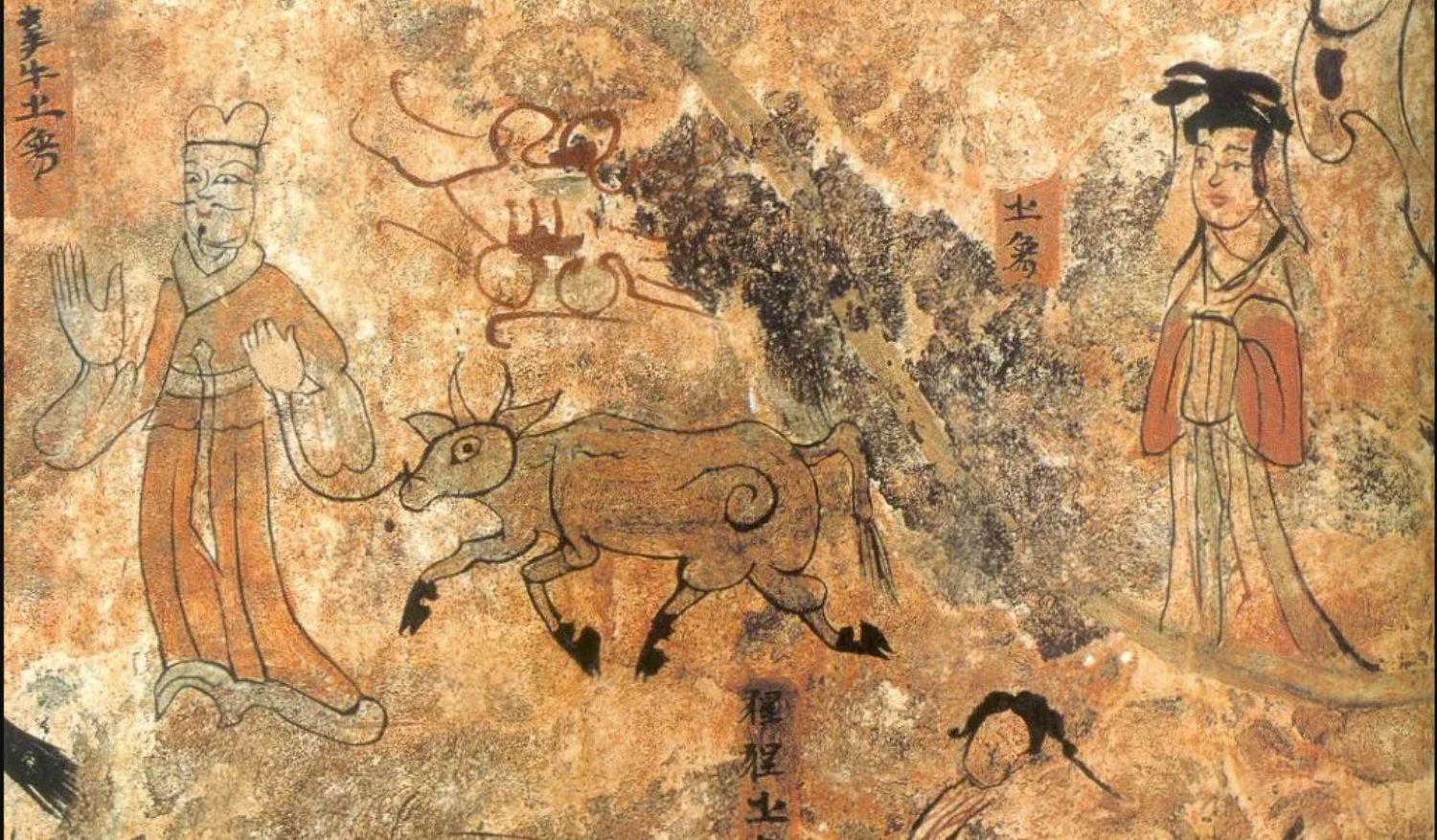
The Lovers of the Stars
At the heart of the Chilseok Festival is the poignant love story of Jiknyeo and Gyeonwoo, better known as the Weaver Girl and the Cowherd. According to Korean folklore, Jiknyeo was a heavenly princess tasked with weaving cloth for the gods. Her diligence wavered, however, when she fell in love with Gyeonwoo, a humble cowherd. Their love defied divine rules, leading to their separation by the vast Milky Way.
The gods, moved by their sorrow, allowed them to meet only once a year on Chilseok. On this night, magpies and crows form a bridge across the stars, enabling the lovers to reunite. It is a tale that speaks of longing, devotion, and the bittersweet nature of love – themes that still resonate deeply with those who celebrate the festival today.
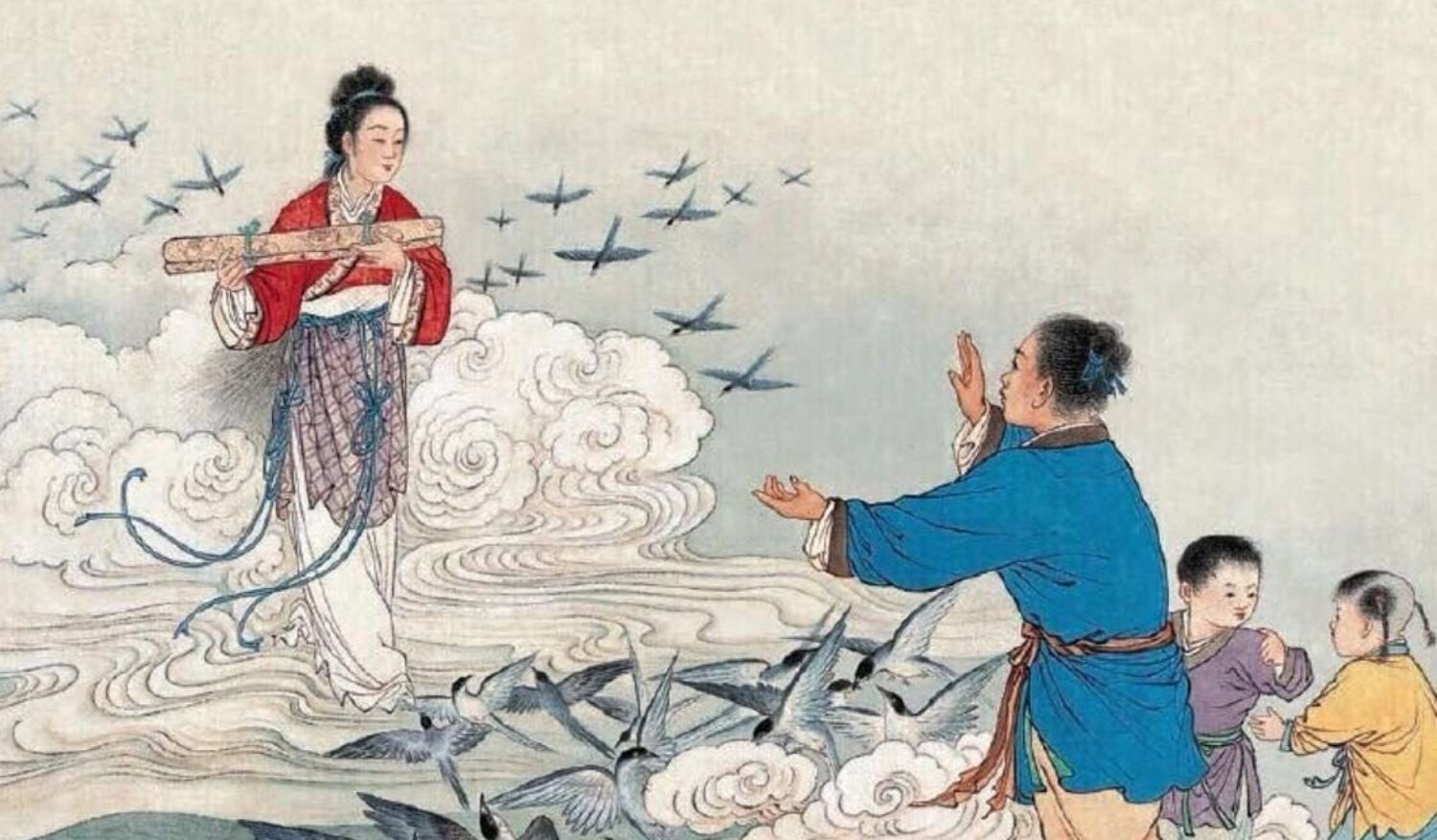
A Festival of Love and the Changing Seasons
Beyond romance, Chilseok also marks an important transition in Korea’s seasonal calendar. Traditionally, the festival signified the onset of autumn and the beginning of the harvest. Farmers would observe weather patterns on Chilseok to predict the months ahead, especially rainfall, which was thought to determine agricultural prosperity.
It is also a culinary occasion. Dishes associated with the Chilseok Festival include wheat-based foods such as noodles, pancakes, and dumplings. This is because wheat spoils quickly after the rainy season, so families would use it up by preparing hearty meals in early autumn. Even today, some Koreans continue the practice, bringing together family and friends over bowls of nourishing noodles that honour both history and heritage.
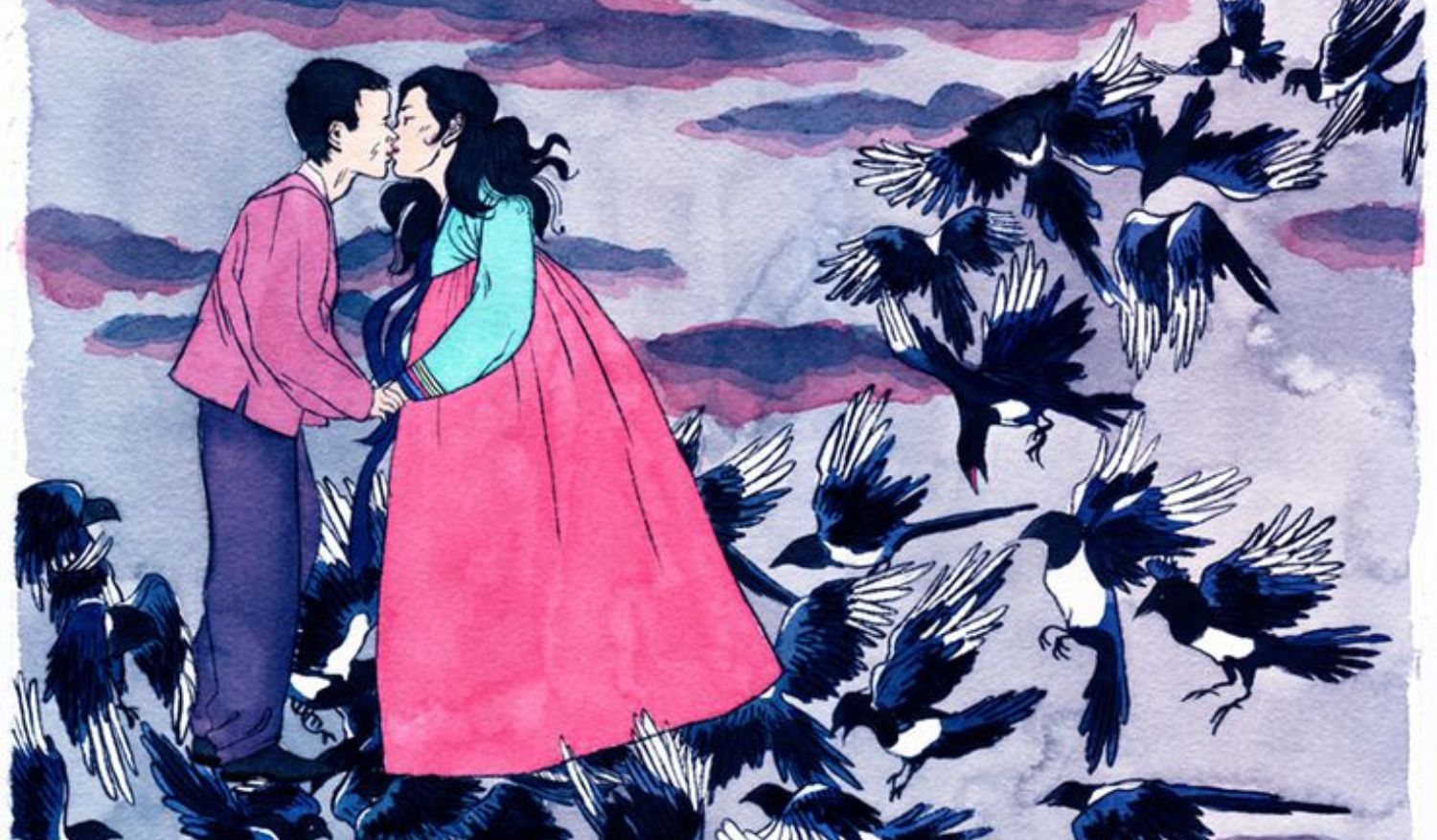
Chilseok in a Modern World
While urbanisation has altered the way traditional festivals are celebrated, the Chilseok Festival retains its cultural significance. Lovers may exchange tokens of affection, while others take the time to reflect on themes of longing and reunion. In many ways, it has become a moment to pause in the bustle of modern life and remember the enduring power of human connection.
Festivals such as Chilseok are not only about nostalgia but also about continuity. They preserve a nation’s identity while reminding its people that stories – even celestial ones – can ground us in our humanity. For travellers and cultural enthusiasts, experiencing the Chilseok Festival offers a glimpse into how Korea balances myth and modernity, turning the night sky into a canvas of love and memory.
For more cultural guides, head here.


